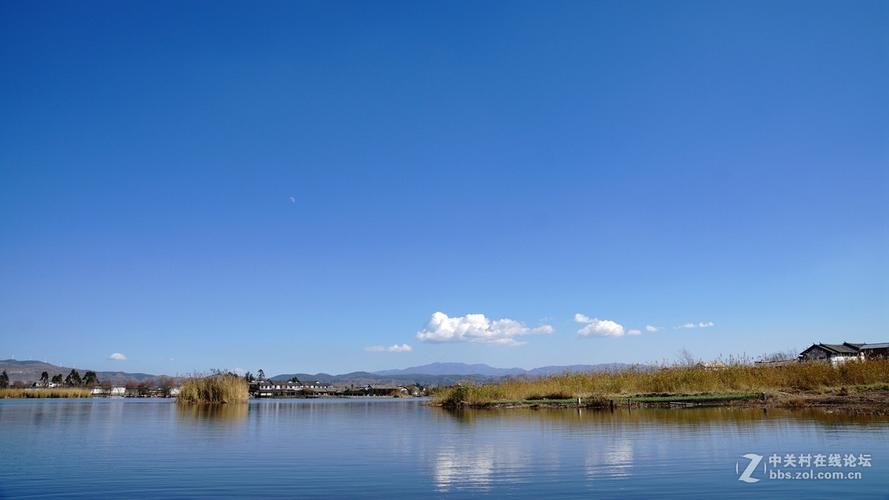Top 10 Interesting Facts About Crater Lake You Need to Know
Crater Lake is an iconic destination in Oregon, known for its stunning natural beauty and unique geological features. Here are ten interesting facts that you need to know about Crater Lake.
The Deepest Lake in the United States
Crater Lake is the deepest lake in the United States, with a depth of over 1,900 feet. It was formed more than 7,000 years ago after a volcanic eruption that triggered the collapse of Mount Mazama. Today, the lake is filled with crystal-clear water, which is known for its intense blue color.
Home to Two Islands
Crater Lake is home to two islands, which are called Wizard Island and Phantom Ship. Wizard Island is a volcanic cinder cone that was formed around 7,700 years ago, and it rises more than 700 feet above the lake’s surface. Phantom Ship, on the other hand, is a cluster of rock formations that resemble a ghostly ship.
Discovering the Lake
Crater Lake was discovered by accident in 1853, when John Wesley Hillman, a member of a group of gold miners, stumbled upon it while looking for a shortcut to the California gold fields. He was so impressed by the lake’s beauty that he named it “Deep Blue Lake.”
A Sacred Place for Native Americans
Crater Lake is a sacred place for the Klamath and Modoc tribes of Native Americans. According to their legends, the lake was created as a result of a battle between the sky god Skell and the underworld god Llao. The Klamath people still perform spiritual ceremonies at the lake to this day.
A Diverse Ecosystem
Crater Lake is home to a diverse ecosystem, including more than 700 species of plants and animals. The lake is home to two species of fish, rainbow trout and kokanee salmon, which were introduced to the lake by humans in the early 1900s. Visitors can also spot animals such as mountain goats, black bears, and coyotes in the surrounding area.
Preservation Efforts
Crater Lake National Park was established in 1902, and it is the fifth oldest national park in the United States. Since its establishment, the park has made numerous efforts to preserve the lake’s natural beauty and biodiversity. The park’s rangers and scientists work to protect the lake from pollution and invasive species, while also maintaining its trails and recreational facilities.
The Volcano’s Last Eruption
The last eruption of Mount Mazama occurred around 6,400 years ago, and it was a cataclysmic event that shaped the landscape of the Pacific Northwest. The eruption is estimated to have been 42 times more powerful than the 1980 eruption of Mount St. Helens.
The Lake’s Water Quality
Crater Lake is known for its pristine water quality, which is due to the lake’s isolated location and the absence of any inflowing streams or rivers. The lake’s clarity is consistently measured at over 100 feet, making it one of the clearest lakes in the world.
A Popular Tourist Destination
Crater Lake attracts more than 750,000 visitors every year, making it one of the most popular tourist destinations in the Pacific Northwest. Visitors can enjoy a variety of activities, including hiking, camping, fishing, and snowshoeing. In addition, there are several visitor centers and museums that provide information about the park’s history and natural features.
Conclusion
Crater Lake is truly a unique and fascinating destination, offering visitors a glimpse into the natural beauty and geological history of the Pacific Northwest. Whether you’re a nature lover, a history buff, or simply looking for an unforgettable vacation, Crater Lake is a must-see destination that is not to be missed.
(Note: Do you have knowledge or insights to share? Unlock new opportunities and expand your reach by joining our authors team. Click Registration to join us and share your expertise with our readers.)
Speech tips:
Please note that any statements involving politics will not be approved.
